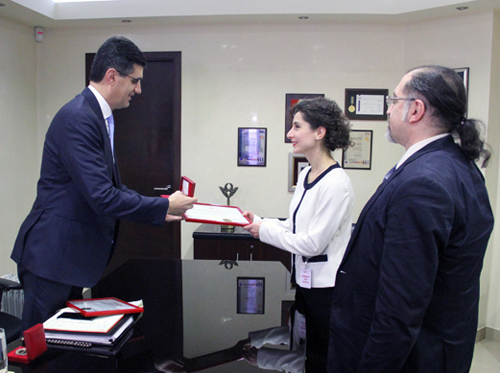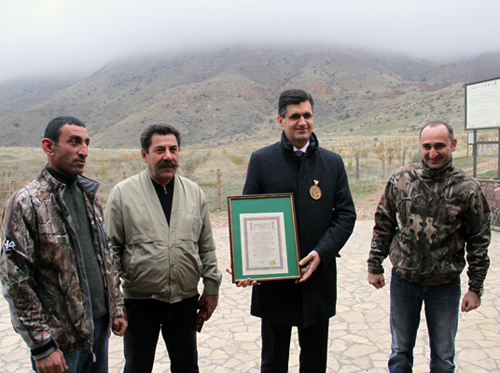-
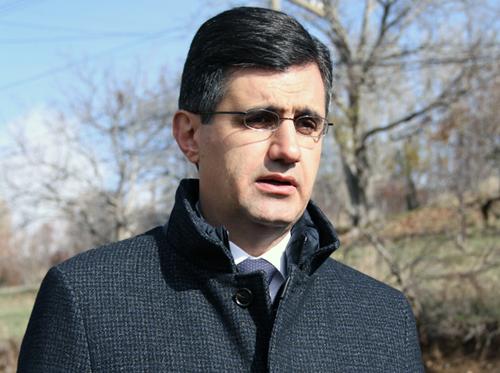
VivaCell-MTS General Manager Ralph Yirikian
-
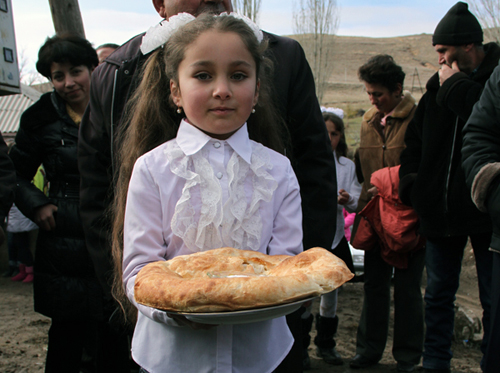
-
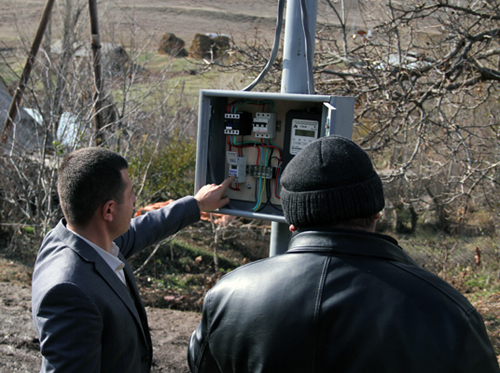
-
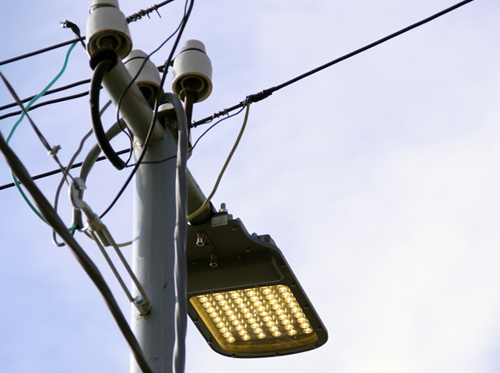
11:19 | 20.11.15 | News | 7351
VivaCell-MTS helps to provide outdoor lighting in Bardzruni community
The Foundation for the Preservation of Wildlife and Cultural Assets (FPWC) and VivaCell-MTS presented the outcomes of yet another initiative implemented in the frames of the jointly implemented Alternative Energy Project.
As part of the commitment to support borderland communities, a street lighting system has been installed with 41 LED light spots in borderland village of Bardzruni, Vayots Dzor region. As a result of the implemented program, outdoor lighting has been provided along a 1,250 meter-area of the village.
The launching event was attended by VivaCell-MTS General Manager Ralph Yirikian, FPWC Founder Ruben Khachatryan, Head of Bardzruni community Gagik Gevorgyan and community residents.
“Having illuminated streets is not the prerogative of urban areas. Development of this infrastructure in rural communities is crucial and obligatory for a country claiming to have energy system. It is an indicator of civilized lifestyle. Further still it is a guarantee of safety when it comes to borderland communities. Projects like this help us stay by the side of our compatriots living in farther regions,” VivaCell-MTS General Manager Ralph Yirikian said.
For Bardzruni community with 450 inhabitants street lighting is especially important from the perspective of security. 23 km long section of the state border stretches along Bardzruni, and the Azerbaijani border is only 3 km far. The village had had no outdoor lighting for 20 years.
The environmentally friendly and energy efficient LED street lights will reduce energy consumption by 80%. The timeframe for lighting in summer will be 22:00 PM till 01:00 AM. And the winter timeframe is 18:30 PM till 12:00 AM. On holidays the lighting will be provided all night long. LED lights are energy-efficient, durable and last much longer than regular ones.
The Foundation for the Preservation of Wildlife and Cultural Assets (FPWC) and its General Partner VivaCell-MTS attach great importance to the use of innovative technologies in the environmental protection initiatives which promote nature conservation, energy-efficiency, as well as community development.

17:29 | 24.09.25 | Articles
Jacopo Losso on Cross-Border Investments and Why Armenia Attracts Angels


